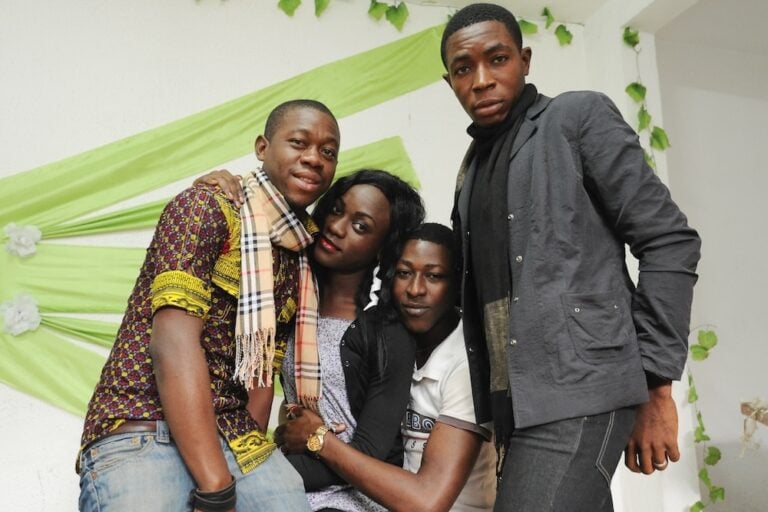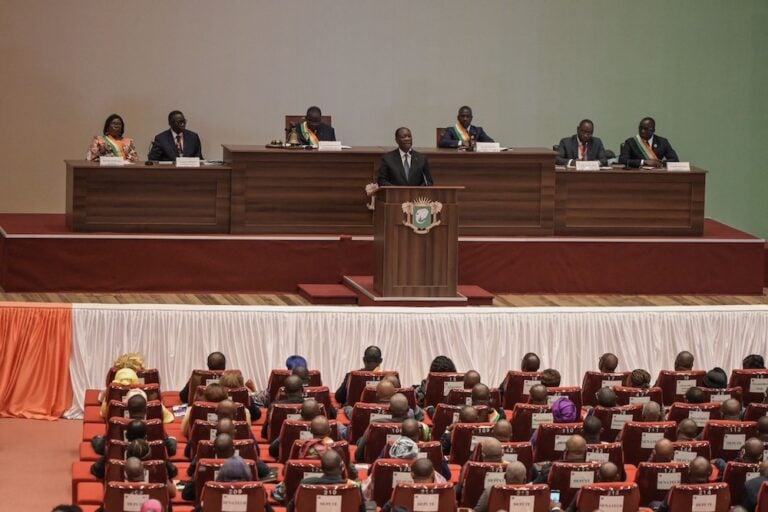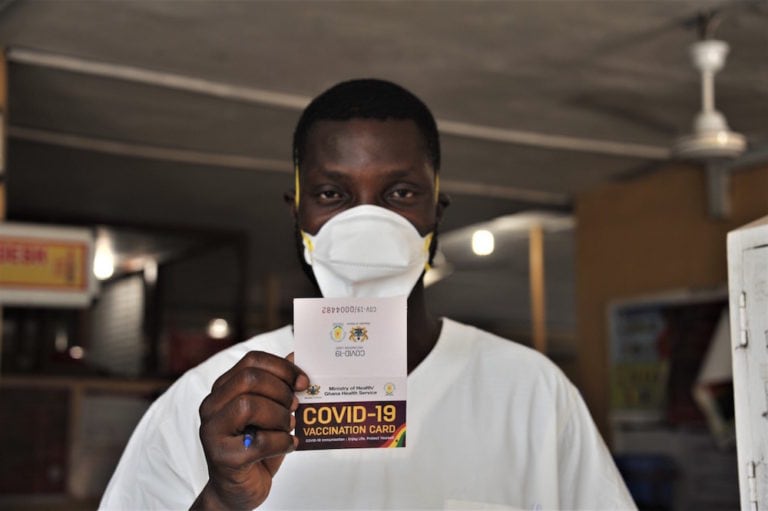(RSF/IFEX) – RSF has expressed “outrage” over a 4 November 2004 crackdown on the opposition press in Côte d’Ivoire. The latest incidents coincide with a sharp deterioration in the political and military climate and attacks by pro-government forces on former rebels. “Yesterday [4 November] was a black day for free expression in Côte d’Ivoire and […]
(RSF/IFEX) – RSF has expressed “outrage” over a 4 November 2004 crackdown on the opposition press in Côte d’Ivoire. The latest incidents coincide with a sharp deterioration in the political and military climate and attacks by pro-government forces on former rebels.
“Yesterday [4 November] was a black day for free expression in Côte d’Ivoire and it was the result of a concerted operation aimed at silencing dissident voices in Abidjan,” the organisation said. “The authorities must understand that politically-motivated raids, carried out by loyalist militia and sanctioned by the armed forces, are not only illegal but also unacceptable for a government that calls itself democratic,” RSF added. “As we have said over and over again, President Laurent Gbagbo must not allow armed civilians to install a reign of terror in Abidjan.”
RSF urged international organisations and countries that continue to have influence in Côte d’Ivoire to do everything possible to persuade the authorities to stop the current crackdown, which comes against a backdrop of political violence in which the media are viewed as military targets.
“We are confident that the United Nations, which is a guarantor of the Accra accords, will intercede forcefully as the gagging of the opposition press is always a harbinger of more violence,” RSF said.
In the violence on 4 November, the offices of the dailies “24 Heures” and “Le Patriote” (a newspaper that supports Alassane Ouattara’s party, the RDR) were ransacked and torched in the afternoon by groups of pro-government, self-described “Young Patriots”.
In addition, all of the equipment at the daily “Nouveau Réveil” (a paper that supports former president Henri Konan Bédié’s party, the PDCI-RDA) was destroyed by about 200 civilians armed with iron bars and clubs and wearing T-shirts of the hardline wing of President Gbagbo’s party, the FPI.
That same evening, a military source told the Agence France-Presse bureau in Abidjan that distribution of dailies that support the opposition and former rebels had been banned in pro-government areas. “These protective measures against the pro-rebel newspapers have been taken to complement the movements on the ground,” the source said. The newspapers affected are “Le Patriote”, “Le Libéral”, “Le Front”, “Le Nouveau Réveil”, “Jour Plus” and “24 Heures”, which have all been accused of “defending the rebellion.”
The ban on the papers was imposed as air raids were carried out by the Ivoirian armed forces against former rebel positions in the central city of Bouaké and in the north.
Local retransmission of Radio France Internationale (RFI), the BBC World Service and Africa N°1 on FM frequencies has been cut since the night of 3 November, when a commando sabotaged their joint relay installations.
On 27 October, RSF voiced concern about a growing campaign of censorship, intimidation and violence against opposition papers in Côte d’Ivoire, following reports of raids by Ivoirian youth groups on street vendors in Abidjan.


